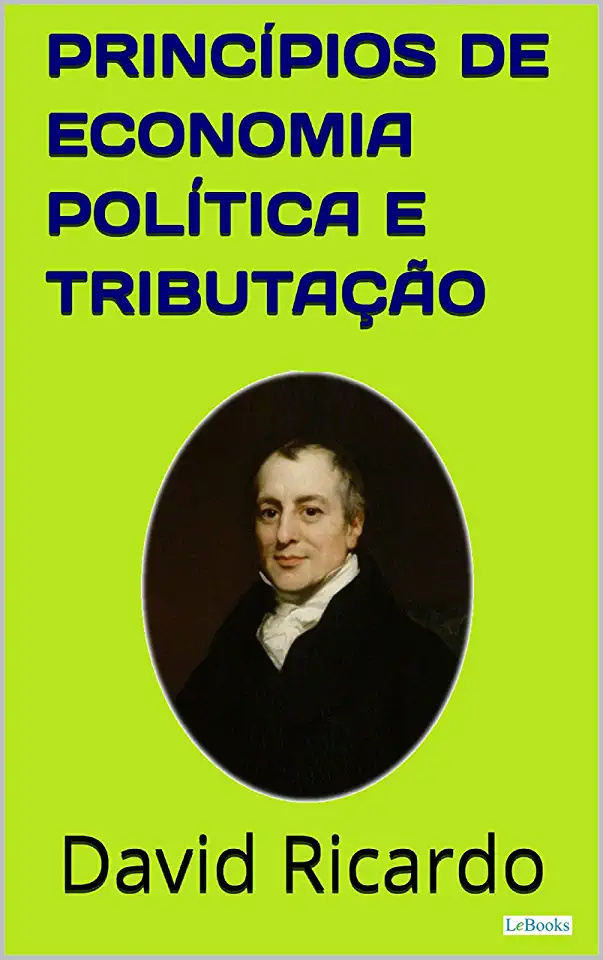
Political Economy - David Ricardo
Political Economy by David Ricardo: A Masterpiece of Economic Thought
A Foundation of Economic Principles
David Ricardo's "Political Economy" stands as a seminal work in the field of economics, offering a comprehensive analysis of the principles governing the production, distribution, and consumption of wealth. First published in 1817, this influential treatise has profoundly shaped economic thought and policy-making for over two centuries.
Understanding Value and Distribution
At the heart of Ricardo's economic philosophy lies the labor theory of value, which posits that the value of a commodity is determined by the amount of labor required to produce it. This groundbreaking concept challenged prevailing notions of value based on subjective preferences or cost of production. Ricardo's analysis of value and distribution provides a framework for understanding how wealth is created and distributed within an economy.
The Role of Rent, Profit, and Wages
Ricardo delves into the intricate relationship between rent, profit, and wages, demonstrating how these factors interact to determine the distribution of income. His theory of rent explains how landowners capture economic surplus through rent payments, while his analysis of profit and wages sheds light on the dynamics of capital accumulation and labor compensation.
International Trade and Comparative Advantage
Ricardo's contributions extend to the realm of international trade, where he introduces the concept of comparative advantage. This principle asserts that countries should specialize in producing and exporting goods for which they have a relative advantage, even if they are less efficient in producing other goods. Ricardo's theory of comparative advantage provides a powerful argument for free trade and economic interdependence among nations.
A Legacy of Influence
"Political Economy" has left an indelible mark on economic thought, influencing subsequent generations of economists, including Karl Marx, John Stuart Mill, and Alfred Marshall. Ricardo's rigorous analysis and insightful observations have shaped economic policies and debates on issues such as taxation, international trade, and economic growth.
Relevance in the Modern World
Despite its age, "Political Economy" remains remarkably relevant in today's globalized economy. Ricardo's insights into value, distribution, and international trade continue to inform contemporary economic discussions and policy decisions. His work serves as a valuable resource for students, scholars, policymakers, and anyone seeking a deeper understanding of the economic forces that shape our world.
A Must-Read for Economists and Policymakers
"Political Economy" is a must-read for anyone interested in economics, history, or public policy. David Ricardo's profound analysis and thought-provoking ideas provide a timeless foundation for understanding the complexities of economic systems. This classic work is a must-have for any bookshelf, offering a wealth of knowledge and inspiration for generations to come.